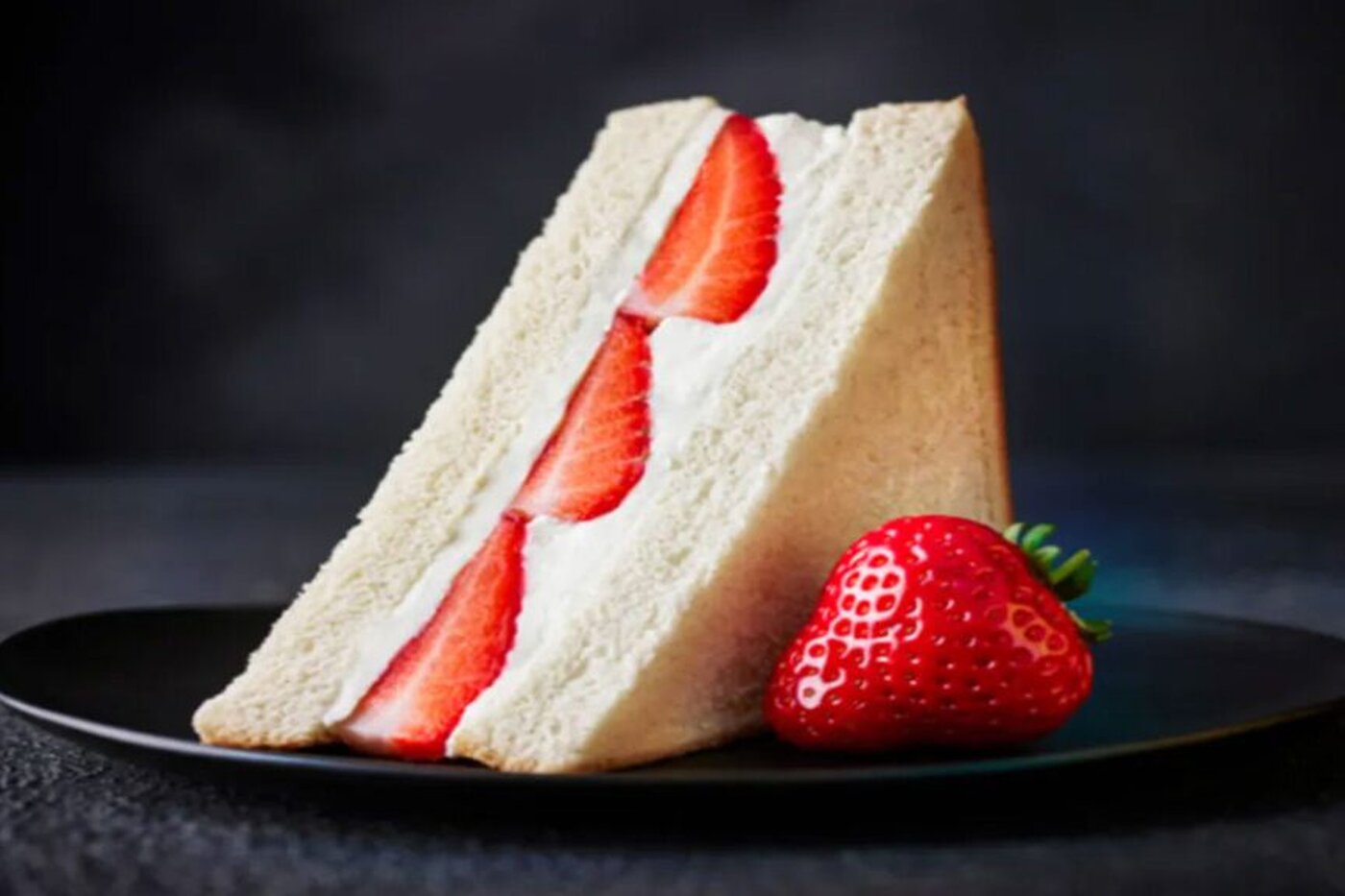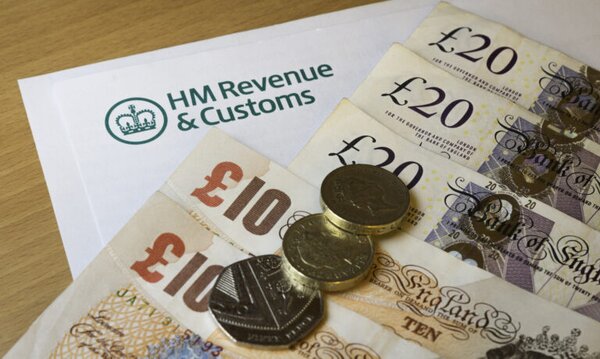
Marks & Spencer’s viral strawberries and cream sandwich, launched to coincide with Wimbledon 2025, has sparked a wave of attention, and not just from foodies. The product, inspired by Japanese “sando” desserts, quickly became a social media sensation.
But now, tax experts say it could attract more than just curious customers. Questions are being raised about whether the sweet sandwich qualifies for zero-rated VAT treatment like other cold food items, or if it should be subject to the standard 20% VAT applied to confectionery.
While HMRC has not confirmed any formal legal action against M&S as of early July 2025, several tax commentators and retail experts suggest that the sandwich may fall into a grey area of UK tax law that has historically led to disputes.
A Viral Hit With a Tax Twist
Launched as a limited-edition item for the Wimbledon season, the M&S strawberry sandwich has garnered praise, and raised eyebrows. Inspired by Japanese-style fruit sandos, it contains slices of strawberry and sweet cream between fluffy white bread. Social media users have enthusiastically reviewed it, driving in-store demand across the UK.
But while shoppers queued to get a taste, tax specialists began questioning its classification. Under UK tax law, most cold takeaway food is zero-rated for VAT, but sweetened products, including biscuits, cakes, and confectionery, are not. Where exactly does a strawberry cream sandwich fit?
Expert Opinions Stir Debate
VAT specialists have pointed out similarities between the M&S sandwich and previous high-profile cases like the Jaffa Cake debate, where HMRC ruled that the item was a cake, not a biscuit. "It’s the perfect example of how food classification for tax can turn into a real headache," noted one retail compliance analyst. “If the product is deemed a dessert or confectionery, M&S may need to apply VAT at 20%.”
Several commentators have highlighted that if M&S has not been charging VAT on the product and HMRC later determines that it should, this could result in a significant bill for backdated tax. However, it remains unclear what VAT treatment M&S is currently applying.
Has HMRC Launched Legal Action?
As of July 4, 2025, there is no confirmed evidence that HMRC has launched formal legal proceedings against Marks & Spencer over the sandwich. However, several reputable outlets, including Retail Gazette and the Law Gazette, report that M&S could face a potential legal challenge depending on how the issue develops.
This uncertainty appears to have created confusion, with some outlets describing a looming court battle and others framing the issue as a technical compliance question. Marks & Spencer has not publicly commented on whether it is charging VAT or how it intends to respond if HMRC reviews the classification.

Historical Context: Taxing Treats in the UK
The UK tax system is known for complex classifications of food products. Previous cases involving flapjacks, hot takeaway food, and even Subway sandwiches have led to lengthy disputes. In 1991, McVitie’s won a landmark case establishing that Jaffa Cakes were cakes (zero-rated) rather than chocolate-covered biscuits (standard-rated).
These precedents show that seemingly small classification issues can turn into expensive legal battles for large retailers.
Public Reaction and Consumer Behaviour
While legal experts dissect the tax code, the public has embraced the sandwich. It sells for £2.80 and has been reviewed favourably by food bloggers and lifestyle sites. Some customers have even taken to TikTok to share their first bites, sparking imitation recipes and parodies from rivals like Aldi.

Conclusion
Marks & Spencer’s viral strawberry sandwich has done what few supermarket items manage: it has become both a fan favourite and the centre of a tax debate.
While no formal legal action has been confirmed as of July 2025, the scrutiny it has attracted underscores how easily VAT rules can be triggered by creative new products.
With expert opinions divided and media outlets offering conflicting views on whether HMRC will pursue the matter, the case serves as a reminder of the complexities of UK food tax law. Whether the sandwich ends up in court or simply on Instagram, it’s another example of the fine line between sweet success and taxable trouble.











